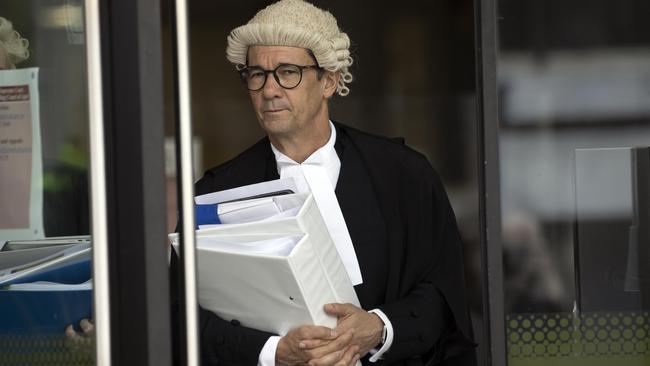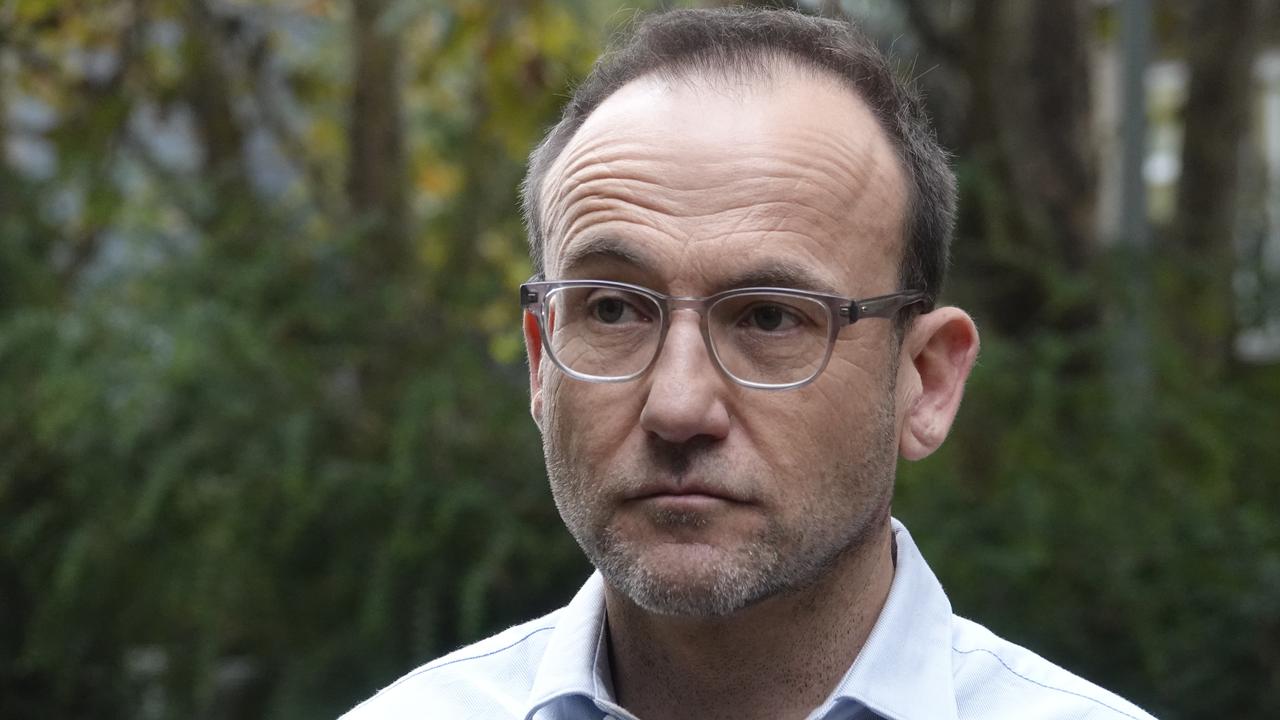Lehrmann trial: Paternity and hard knocks steeled prosecutor Shane Drumgold’s mettle
Behind Shane Drumgold’s considered courtroom presence is an extraordinary success story that nearly succumbed to failure.

He has led the prosecution of one of the nation’s most high-profile rape cases, but behind Shane Drumgold’s considered courtroom presence is an extraordinary success story that nearly succumbed to failure.
The jury in the trial of Bruce Lehrmann – who is accused of raping former Liberal Party staffer Brittany Higgins in Parliament House – did not give a verdict on Thursday. Mr Lehrmann has pleaded not guilty and denies all allegations.
As ACT Director of Public Prosecutions, Mr Drumgold is a respected voice on the law and its ramifications.
It was not always thus. Raised in a chaotic, sometimes violent environment in Mt Druitt in Sydney’s outer west, he left school before he had completed year 9.
“I think it would be fair to classify me as the kid most people tried to stay away from,” he said in a 2020 interview with The Weekend Australian Magazine.
Although he disliked school, was invariably placed in the disadvantaged class and survived his limited education “without putting in an assessable piece of work”, he still preferred the respite it provided from his family life.
His father was an alcoholic and mentally ill for most of his life, and the family survived on his disability pension, supplemented when Mr Drumgold’s mother cleared up fabric scraps in a factory.
“I don’t know of anybody in my family that had been to university or even finished year 10 or 12,” he said in his interview for a story on high achievers who had failed or dropped out of school.
“There was no day when I left school … It was more that I would turn up when I didn’t have something on. And then I had something on more than showing up. I think I just stopped showing up.”
While his family moved around NSW from Sydney to Taree and Newcastle, with little emphasis on education, the one thing he retained from his curtailed schooling was a love of reading. As a teen, he delved into Socrates, which touched on his love of reasoning.
“I found logic a sport,” he said. “I was a pain in the arse where I would take a proposition and try to pull apart the logic with it.”
He re-enrolled at high school several times but never lasted long. “I always felt people judged.”
In 1984, at 18, he became a father. Married young, the birth of his son Chris changed his life. “I felt this overwhelming desire to have some direction. Prior to that I was just drifting and just had me. Now I was responsible for someone. I remember looking at him and it was just magic. And I found this motivation to do something.”
He took on odd jobs, then landed one that changed everything. “Probably one of the happiest days of my life is when I got an interview with Australia Post and they said, ‘You start at Penrith Post Office on Monday as a telegram boy.’”
Handed his new uniform, he rode the train back home with a new-found sense of belonging. “And I remember thinking: this is the start of the rest of my life. And frankly, it was.”
At 28, he began studying for a management certificate and eventually, as a mature age student, for an economics degree. In 2001 he completed a law degree, and then a masters in international law. In December 2018, 40 years after leaving school for the first time, he was appointed Director of Public Prosecutions for the ACT.




